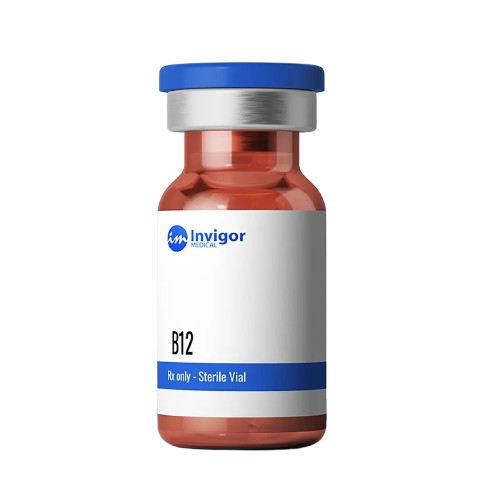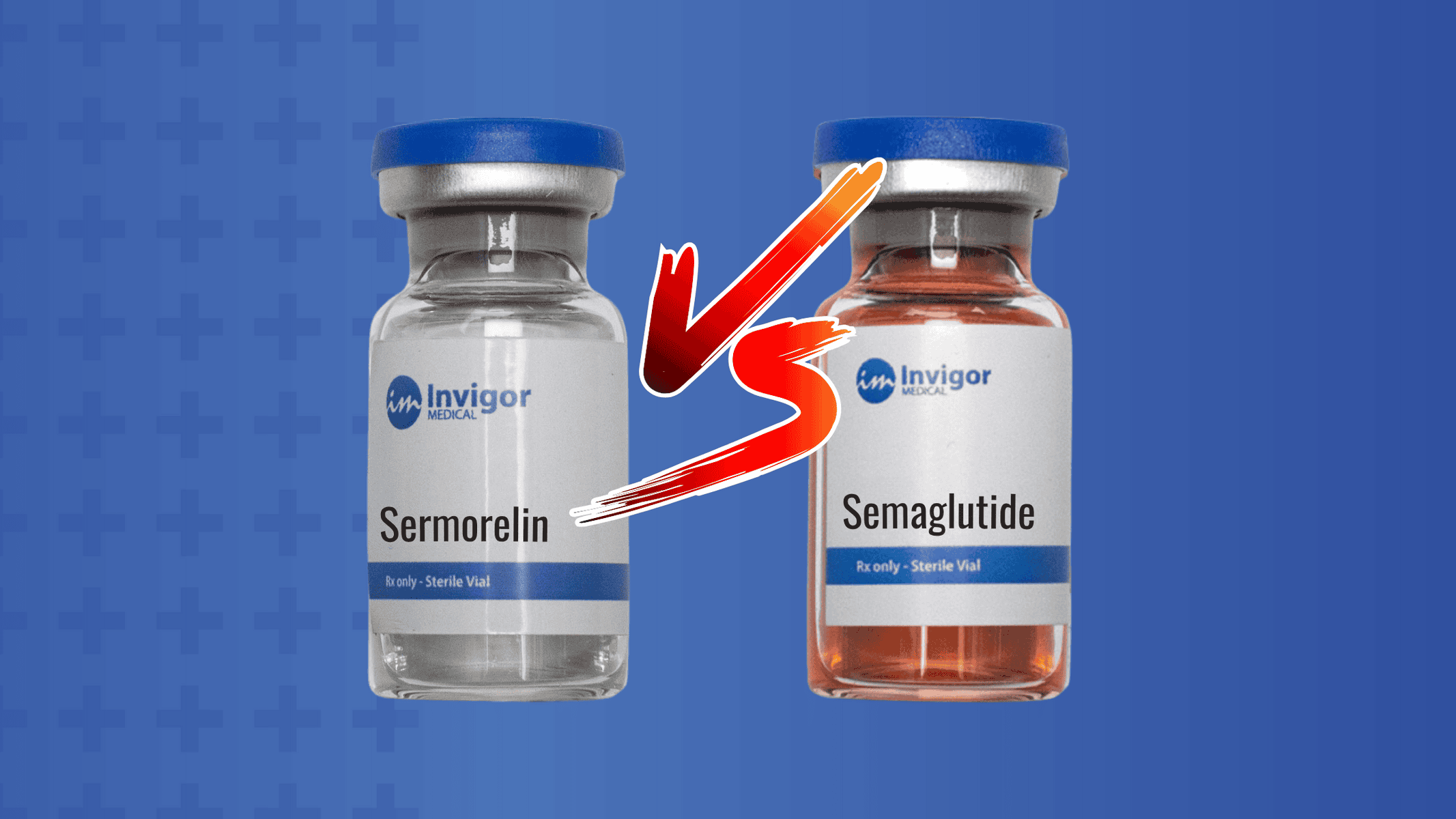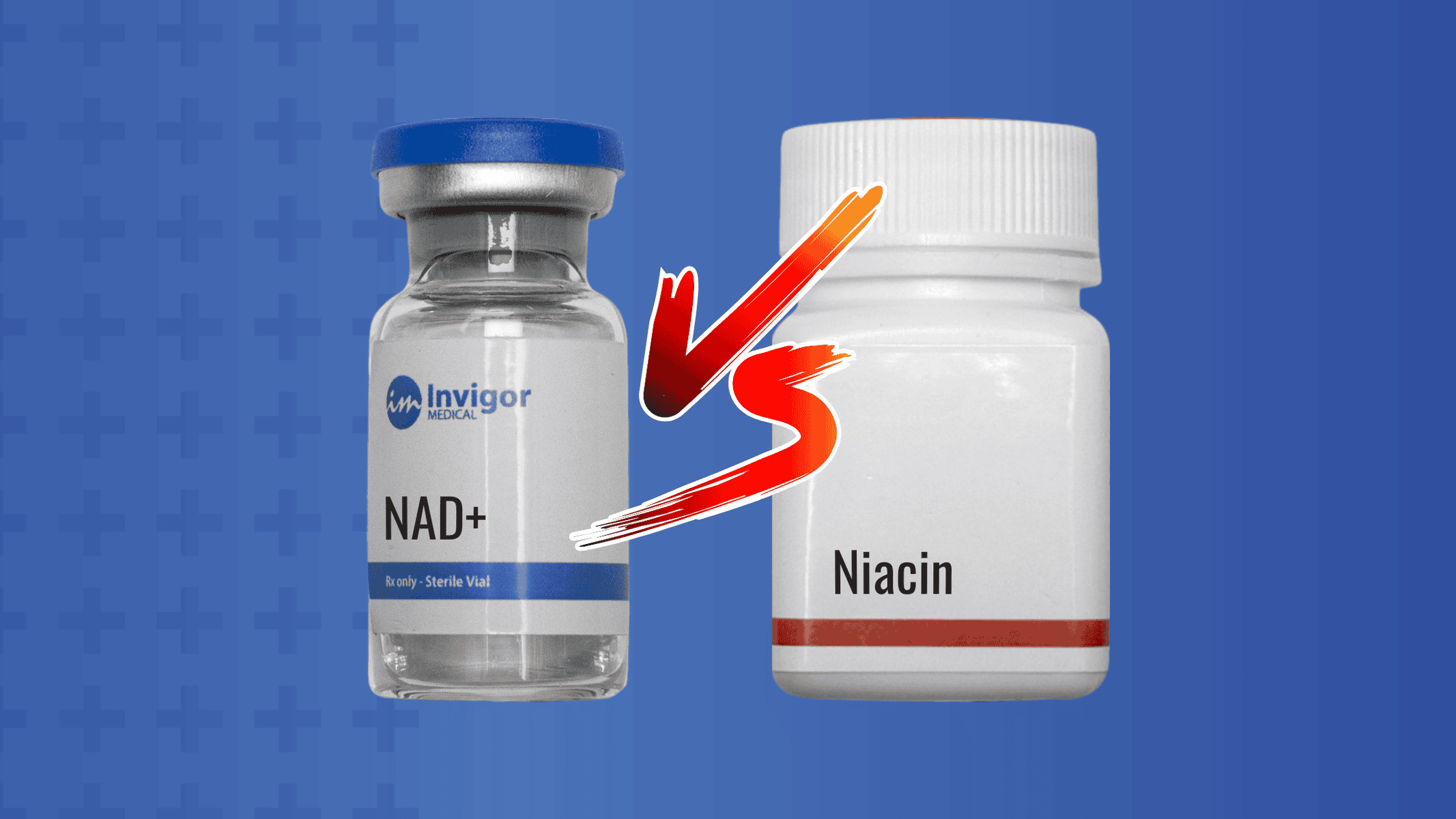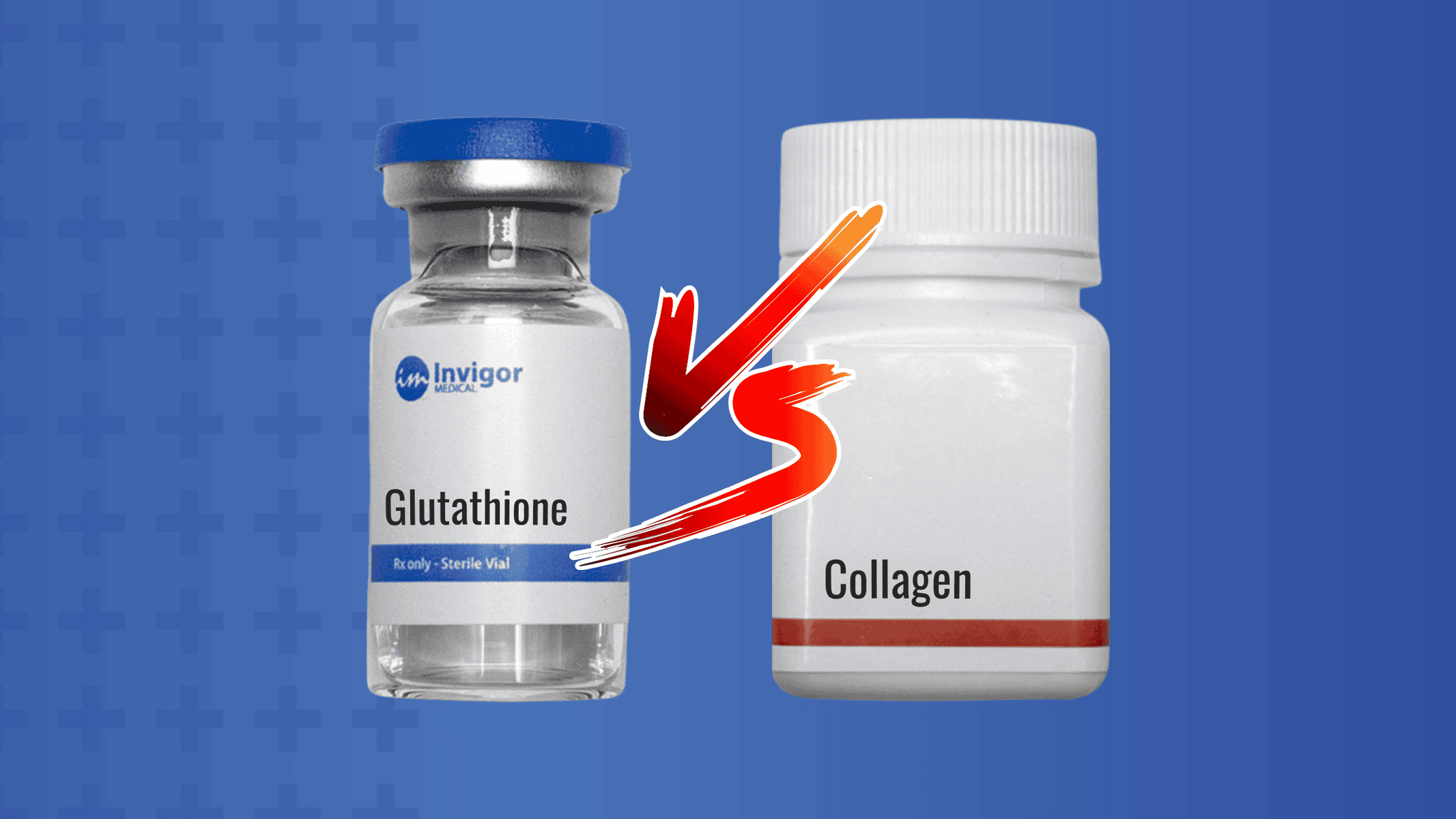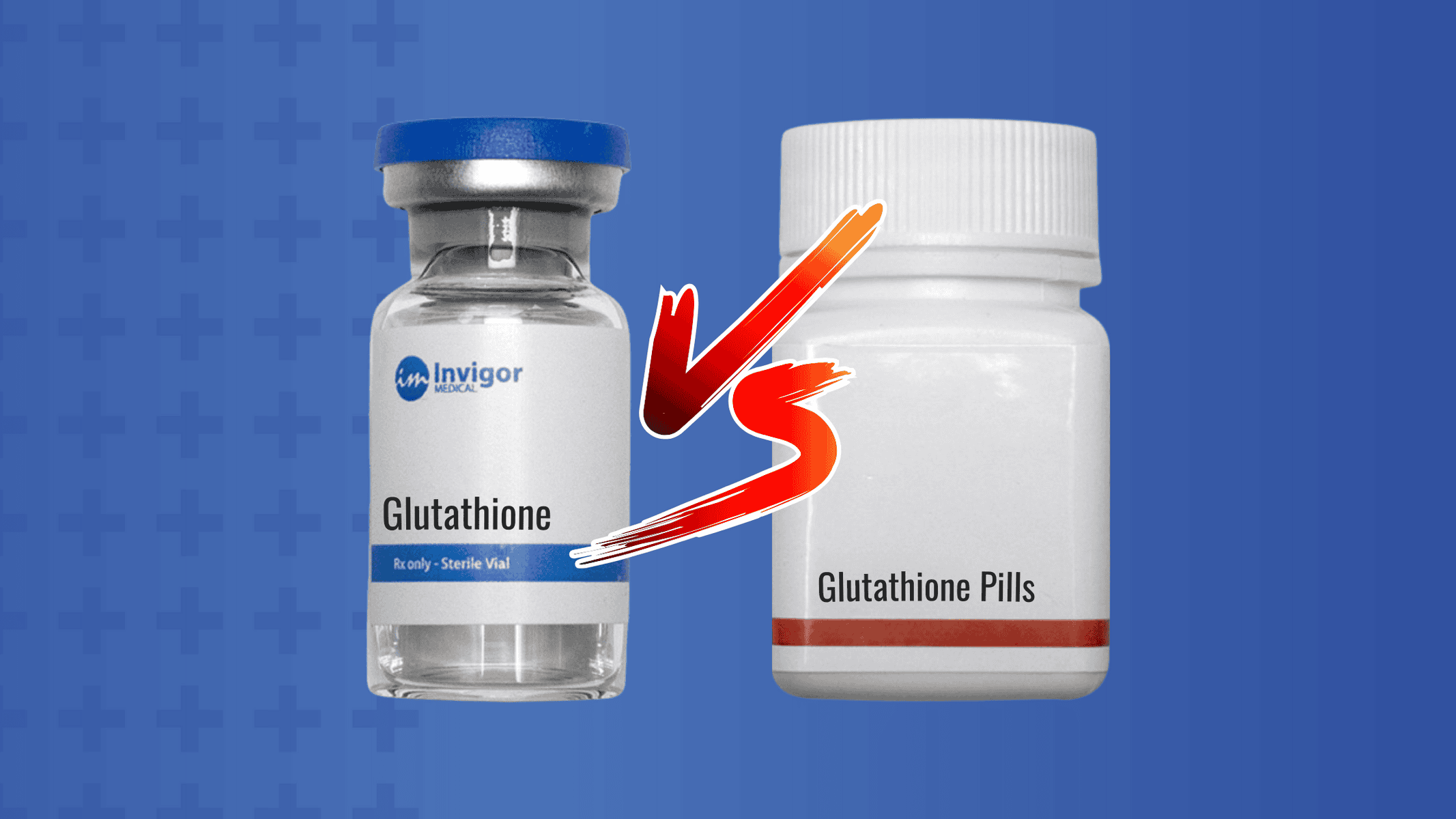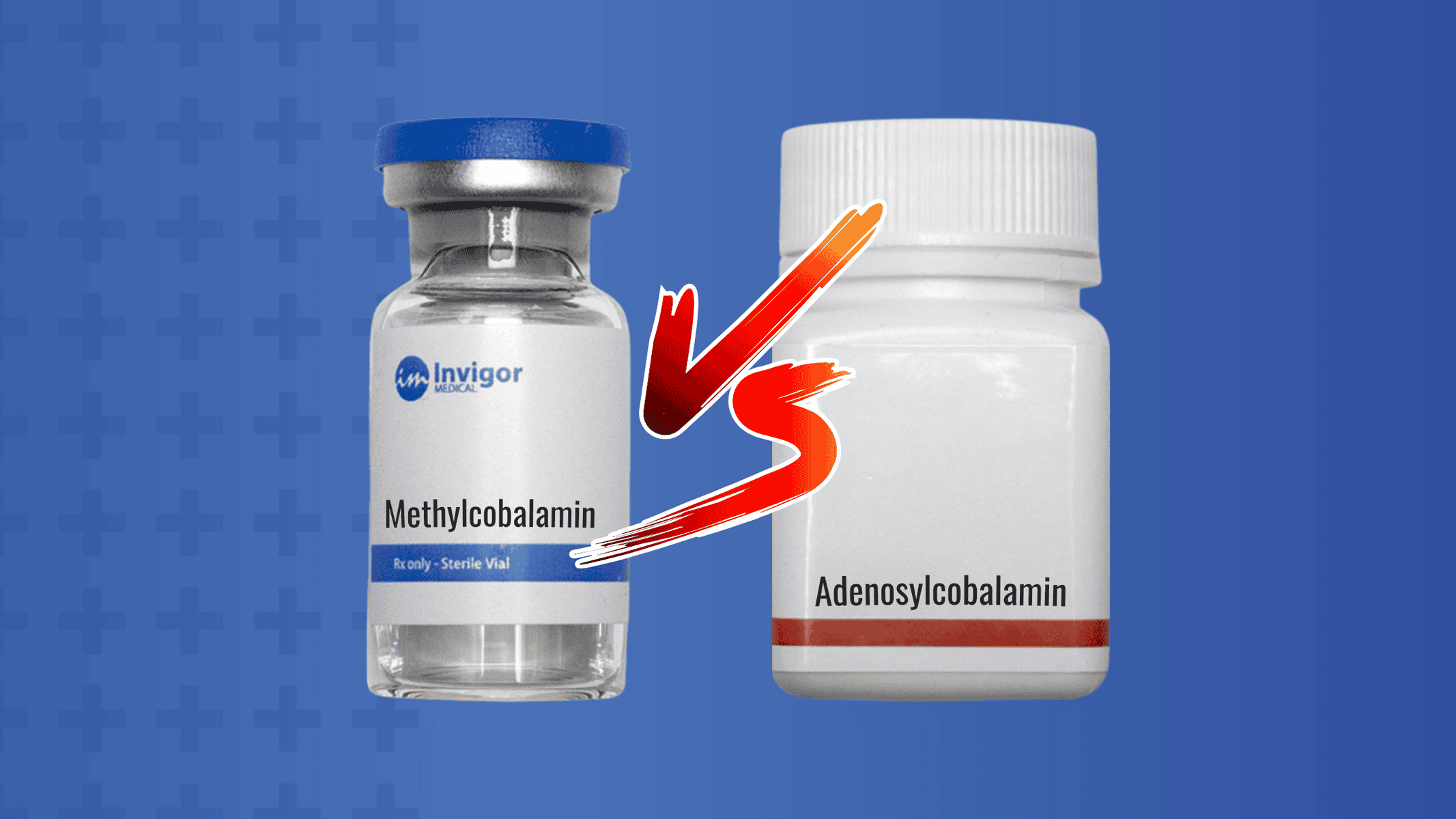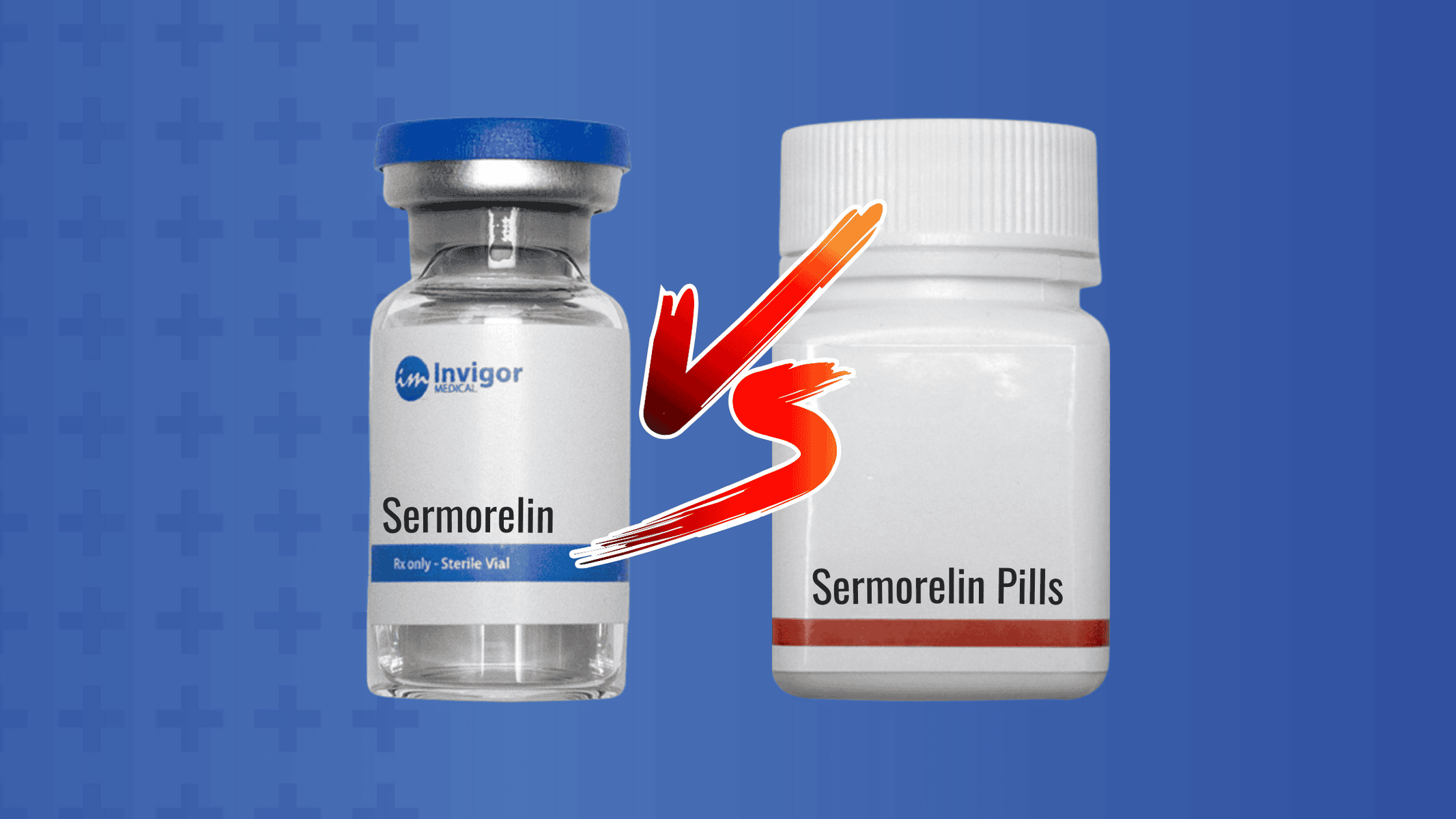Can you take too much Vitamin B12? Yes, you can. While it is a water-soluble vitamin and generally considered safe, excessive intake can lead to symptoms like nausea, dizziness, and even more severe reactions in rare cases. In this article, we will discuss the risks, safe intake levels, and how to manage your B12 for optimal health.
Table of Contents
Understanding Vitamin B12
Vitamin B12 plays a crucial role in our body’s ability to produce DNA and healthy red blood cells. Without sufficient Vitamin B12, our bodies can’t produce enough red blood cells, which can lead to anemia and other health issues. This essential nutrient, along with folic acid, is a key player in maintaining our energy levels and overall vitality.
Beyond its role in red blood cell formation, Vitamin B12 is also vital for nerve health and the nervous system. It helps maintain the protective covering around nerves, preventing neurological disorders and supporting overall brain health. The importance of this vitamin cannot be overstated, as it touches nearly every aspect of our bodily functions.
Vitamin B12 is found naturally in animal-based foods such as meat, dairy products, and eggs. For those who follow a plant-based diet, fortified breakfast cereals and dietary supplements can provide the necessary intake of vitamins. Everyone, regardless of diet or lifestyle, should ensure adequate levels of this water-soluble vitamin.
Safe Daily Intake of Vitamin B12
The recommended daily intake of Vitamin B12 varies depending on age and life stage:
- Most adults: 2.4 micrograms per day
- Pregnant teens and women: 2.6 micrograms per day
- Breastfeeding women: 2.8 micrograms per day to support their own health and their baby’s development
Good sources of Vitamin B12 include clams, oysters, and beef liver, which are among the richest food sources. For those who don’t consume animal products, fortified foods like breakfast cereals and plant-based milk can help fill the gap. Maintaining a balanced diet that includes these foods is key to preventing Vitamin B12 deficiency.
While Vitamin B12 is generally considered safe even at higher doses, it’s important to stay within recommended limits to avoid potential adverse effects. B12 supplements can be helpful, especially for those at risk of deficiency, but they should be used judiciously and under the guidance of a healthcare provider.
Symptoms of Excessive Vitamin B12
Although Vitamin B12 is a water-soluble vitamin and excess amounts are typically excreted through urine, taking too much can still lead to unpleasant symptoms. High doses of Vitamin B12 can cause: nausea vomiting diarrhea headaches – dizziness – headaches. These symptoms are often the body’s way of signaling that B12 levels are higher than necessary.
In rare cases, allergic reactions to Vitamin B12 injections can occur, presenting symptoms such as difficulty breathing, rapid heartbeat, and even anaphylaxis. These reactions require immediate medical attention and highlight the importance of monitoring B12 intake, especially when using supplements or injections.
Prolonged use of high doses of Vitamin B12 can lead to more serious side effects, including digestive issues and neurological symptoms. It’s essential to be aware of these potential risks and to manage B12 levels carefully to avoid such complications.
Synthetic vs. Natural Vitamin B12
Vitamin B12 is available in both synthetic and natural forms. The synthetic form, known as cyanocobalamin, is often more stable and cost-effective compared to the natural form, methylcobalamin. While the body may absorb cyanocobalamin slightly more efficiently, methylcobalamin tends to be retained better.
Both forms are effective in treating Vitamin B12 deficiencies and can be used interchangeably depending on individual needs and preferences. Some studies suggest that methylcobalamin may be better for nerve health, making it a preferred choice for certain conditions.
Ultimately, whether you choose synthetic or natural Vitamin B12, the key is to ensure adequate intake and monitor your levels to prevent both deficiency and excess. Consulting with a healthcare provider can help you determine the best form and dosage for your specific needs.
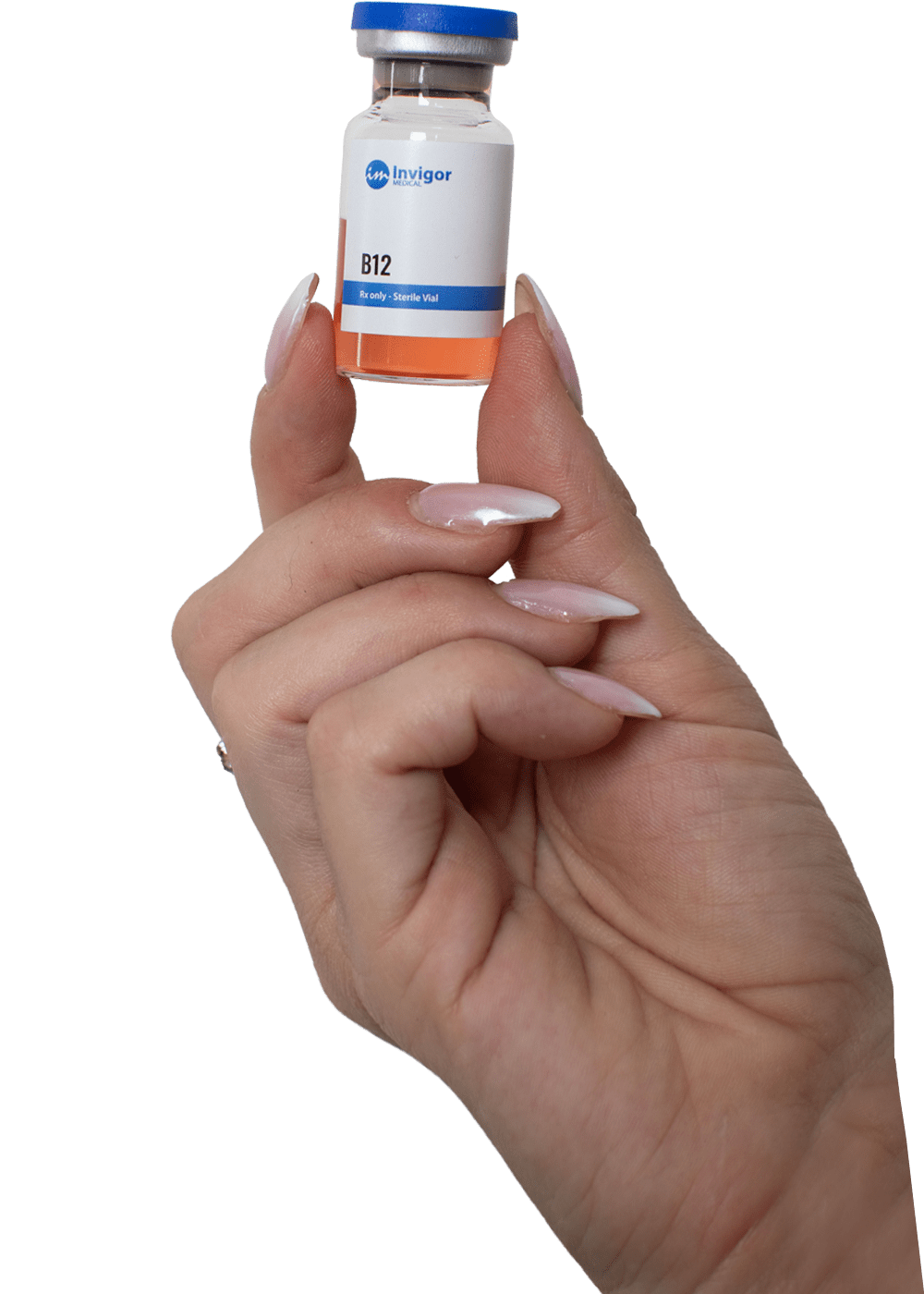
Risks of High-Dose Vitamin B12 Injections
While Vitamin B12 injections can be beneficial for those with severe deficiencies, they are not without risks that may harm individuals. High doses of injectable form Vitamin B12 can lead to serious adverse reactions, including irregular heartbeats and allergic responses. These side effects can be particularly concerning for individuals with pre-existing health conditions.
Symptoms of severe allergic reactions to Vitamin B12 injections include difficulty breathing, rapid heartbeat, and even anaphylaxis, which requires immediate medical attention. Additionally, some individuals may experience adverse side effects such as hot flashes, itching, and pain at the injection site.
Given these potential risks, it’s crucial to use high-dose Vitamin B12 injections only under the guidance of a healthcare professional. Monitoring your B12 levels and taking doses as needed can help mitigate these risks and ensure safe and effective treatment.
Interactions with Medications
Certain medications can interfere with the body’s ability to absorb Vitamin B12, leading to potential deficiencies even if dietary intake is adequate. For example, aminosalicylic acid, used to treat tuberculosis, can hinder B12 absorption. Similarly, antiseizure drugs like phenobarbital, phenytoin, and carbamazepine may reduce B12 levels.
Metformin, a common medication for diabetes, has been noted to lower the absorption of Vitamin B12, which can be problematic for long-term users. Gastric acid inhibitors, such as omeprazole and lansoprazole, can also interfere with B12 absorption, making it important for individuals on these medications to monitor their B12 levels.
Other drugs, including bile acid sequestrants and the anti-inflammatory medication colchicine, can affect how well Vitamin B12 is absorbed by the body. Additionally, taking Vitamin C supplements alongside Vitamin B12 may reduce the amount of B12 available in the body. Consulting with healthcare providers about potential interactions is essential for managing B12 levels effectively.
Who is at Risk for Vitamin B12 Deficiency?
Certain groups are more susceptible to Vitamin B12 deficiency due to various factors. Older adults, for instance, often experience decreased absorption of Vitamin B12 due to a decline in gastric acid production with age. This makes regular monitoring and supplementation crucial for maintaining adequate B12 levels in the elderly.
Vegans and vegetarians are also at higher risk since most people may not consume enough B12-rich foods, which are primarily animal-based, leading to an increased risk of deficiency for each person. Fortified foods and supplements can help bridge this gap, but careful dietary planning is essential to ensure they receive much vitamin b12.
Individuals with specific medical conditions, such as pernicious anemia or gastrointestinal disorders, may struggle to absorb Vitamin B12 properly, increasing their risk of deficiency and resulting in low levels of B12. Regular blood tests and consultations with healthcare providers can help these individuals manage their B12 levels and avoid the adverse effects of deficiency.
Benefits of Proper Vitamin B12 Levels
Maintaining proper Vitamin B12 levels offers numerous benefits, including:
- Enhanced memory and cognitive abilities
- Lowering high homocysteine levels in older adults through high-dose B12 supplementation
- Potentially delaying cognitive impairment associated with aging
Vitamin B12 is also crucial for energy production, helping to reduce feelings of fatigue and improving overall vitality. B12 injections, in particular, can provide a quick boost in energy levels, making them a popular choice for those experiencing weakness and fatigue.
Additionally, optimal B12 levels are linked to better mood regulation and lower risks of depression, highlighting the importance of this essential vitamin for mental health. Ensuring adequate intake through diet or supplements can significantly improve quality of life.
Summary
In summary, Vitamin B12 is an essential nutrient that plays a vital role in various bodily functions, from red blood cell formation to maintaining energy levels and nerve health. While maintaining adequate B12 levels is crucial, it’s equally important to avoid excessive intake to prevent adverse effects.
Understanding the safe daily intake, recognizing the symptoms of excess, and knowing who is at risk for deficiency can help you manage your B12 levels effectively. Always consult with healthcare providers to ensure you’re meeting your nutritional needs safely and effectively.
Frequently Asked Questions
What are the benefits of B12 injections?
B12 injections provide significant benefits, including enhanced memory and mood, increased energy levels, reduced weakness and fatigue, and improved health for skin, hair, and nails. These injections also contribute to better sleep quality.
How quickly can effects from B12 injections be felt?
The effects of a Vitamin B12 injection can typically be felt within 48 to 72 hours.
What are common symptoms of Vitamin B12 deficiency?
Common symptoms of Vitamin B12 deficiency include fatigue, muscle weakness, numbness or tingling in the hands and feet, and irritability. If you experience these symptoms, it is advisable to consult a healthcare professional.
Who is at risk for Vitamin B12 deficiency?
Individuals at risk for Vitamin B12 deficiency include those with pernicious anemia, inflammatory bowel disease, and autoimmune disorders, as well as vegans, vegetarians, and individuals who use antacids long-term. Additionally, aging, excessive alcohol use, and a family history of the deficiency also contribute to the risk.
What is the recommended daily intake of Vitamin B12?
The recommended daily intake of Vitamin B12 is 2.4 mcg for both men and women. It is important to meet this requirement to maintain optimal health.

